Criticism of China-proposed initiative unsustainable, says ex-Bosnian leader
All countries should work in unity, counter risks and shore up solidarity to advance common growth, and the China-proposed Belt and Road Initiative, alongside the United Nations' Sustainable Development Goals, is among the most powerful tools to achieve this aim, said a former leader of southern Europe's Bosnia and Herzegovina.
"In the face of global threats such as new types of viruses and pandemics, climate change and environmental pollution, and energy and food crises, multiplied with inflation and debt, no country can manage alone or stand aside," Zlatko Lagumdzija, former chairman of the Council of Ministers of Bosnia and Herzegovina, said in an interview with China Daily.
Lagumdzija is a keen observer of global governance, the BRI and the UN's SDGs as an active participant in various international events on policy advisory.
"The SDGs are about an overall comprehensive new deal for the planet, where rich and poor are together in the same boat. The BRI is actually trying to take very concrete steps on a common path to a shared future," he added.
What impressed him deeply are the goals outlined in China-proposed initiatives such as the BRI and the Global Development Initiative, including "reprioritizing development", "renewing commitments to SDGs", "revitalizing global partnership" and "reactivating development cooperation".
This year marks the 10th anniversary of President Xi Jinping proposing the BRI in 2013.
"The BRI is about win-win. It's changing the paradigm about actually how we can do things together for mutual benefit," Lagumdzija said.
He criticized the geopolitical competition between countries sought by some politicians as an "old mentality" and "using zero-sum game competition".
Noting that win-win should not be replaced by a zero-sum game in today's complex world, he said, "If we stick to the zero-sum game, ultimately zero-sum game creates a lose-lose situation."
Rebutting allegations and attacks against the BRI by some people as "unsustainable", he said, "The world of segregated societies, surrounded by little walls of rich and poor, this identity, that identity… is not sustainable for anyone".
"There have always been projects that have been questioned by people who are skeptical. But we also know that history and civilization moved forward because of these great projects," he said.
When asked about what one can expect in the next 10 years of the BRI, he said, "I expect us to start breaking the prejudices."
"We should never forget that we are all different, as people and nations, but at the same time, there's much more that brings us together. Then we can understand each other, rather than be divided," he said.
He quoted President Xi's speech delivered at the general debate of the 76th Session of the UN General Assembly in 2019.
"The world is once again at a historical crossroads… Let us bolster confidence and jointly address global threats and challenges, and work together to build a community with a shared future for mankind and a better world for all," he quoted Xi as saying.
"I think these words are very important today as they were when President Xi addressed the General Assembly," said the former Bosnia and Herzegovina leader.
He noted that years after Xi's speech, the world "is still in search of right answers and the complex and tough questions about crossroads have multiplied".
"I think the world is undergoing changes unseen in history," he added.
"These are just some of the reasons why the world needs China as well as China needs the rest of the world," he said.
"Global threats and challenges require shared leadership" to lead changes in search for sustainable development, he said.
In the interview, he even drew upon the title of Chinese singer Luo Dayou's popular song, Tomorrow Will Be Better.
"We have to keep thinking, talking, walking and working together with the objective that is encapsulated in the title. Let's move," he said.










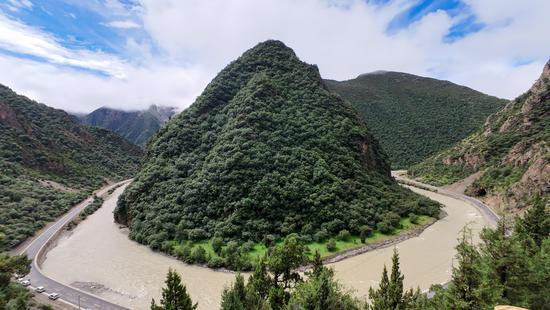
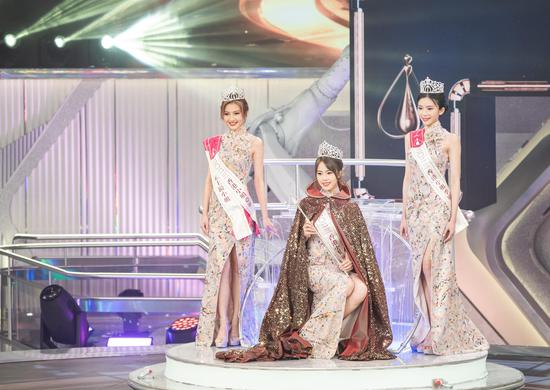
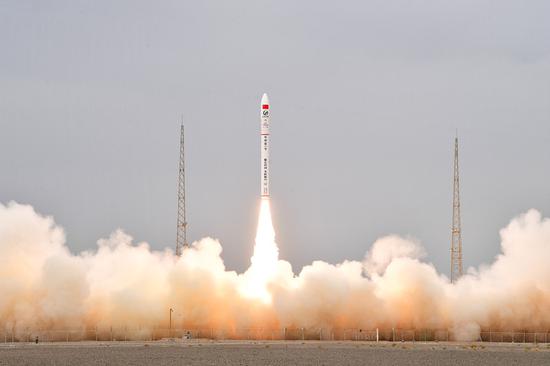
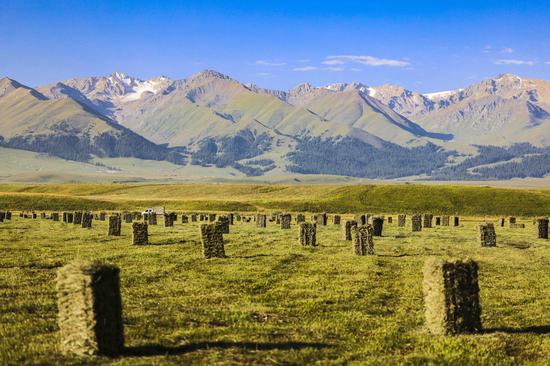
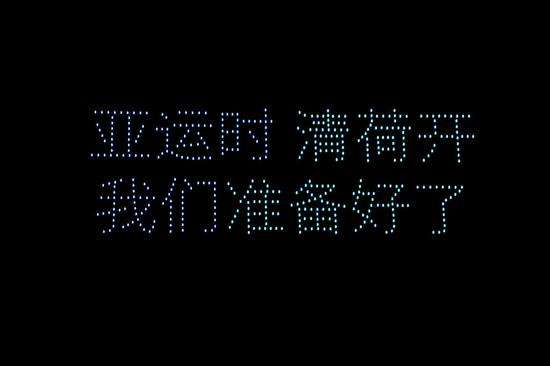
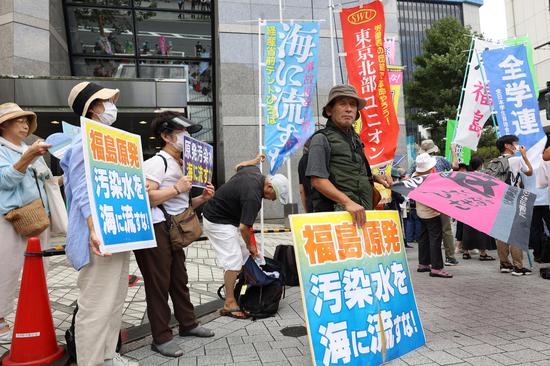

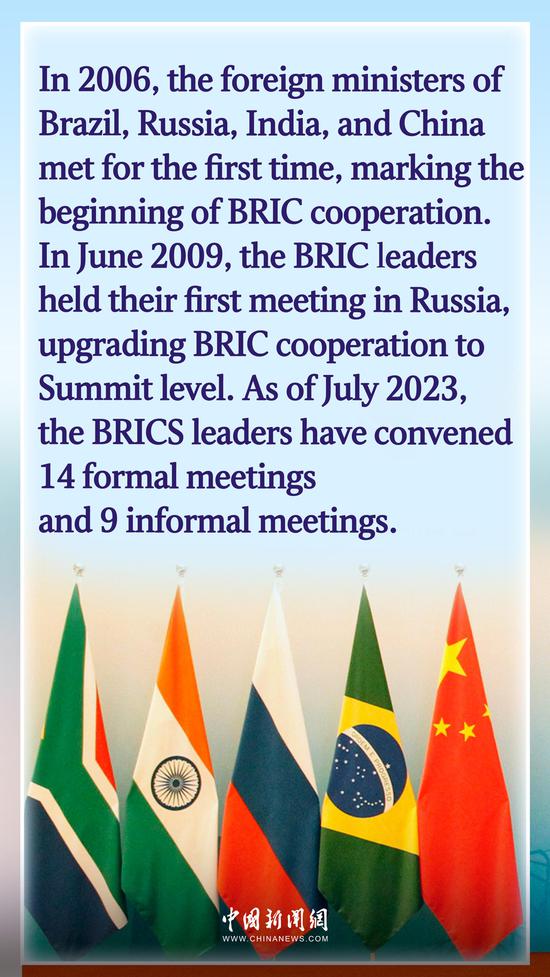
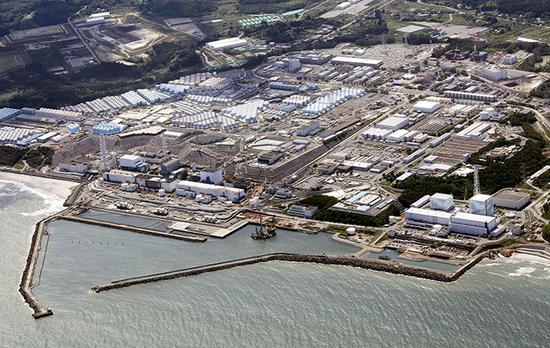
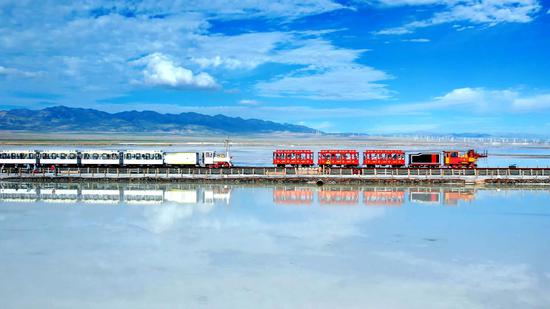

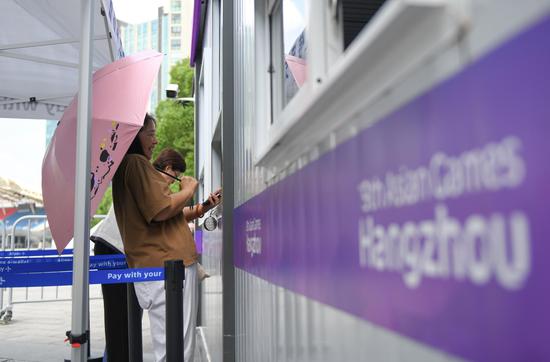
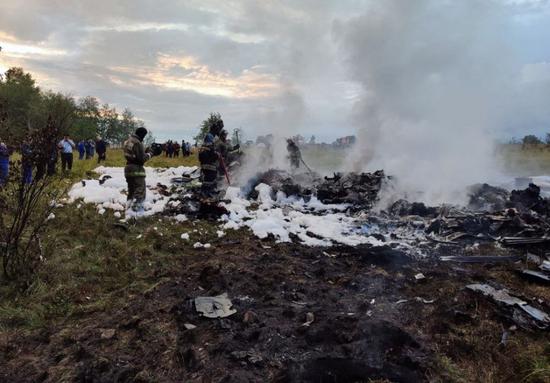
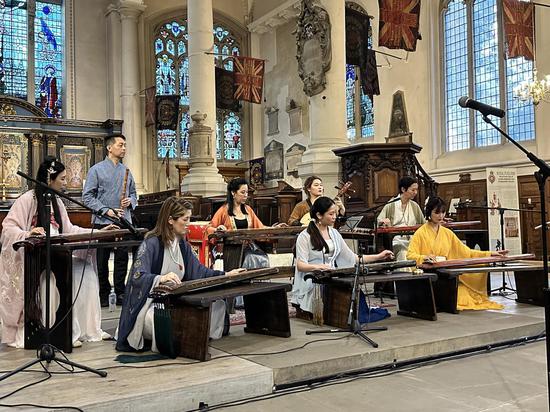
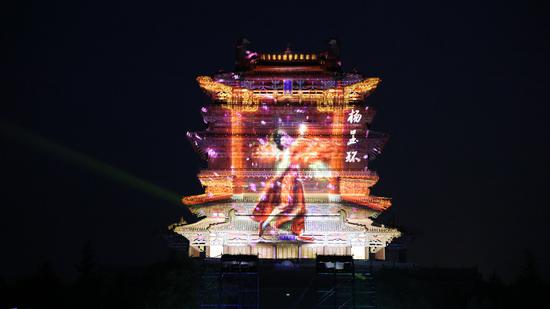
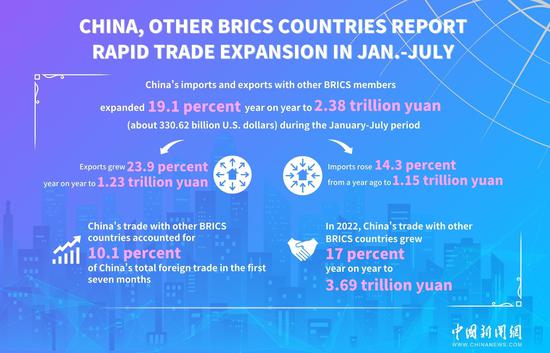
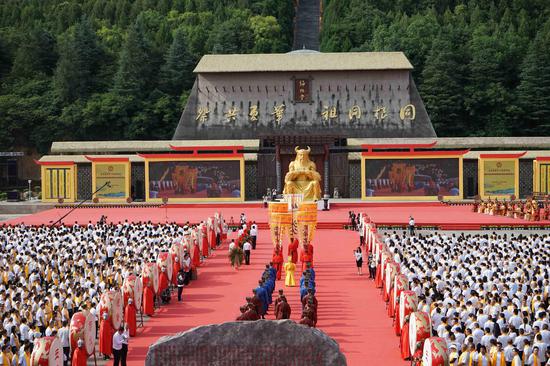
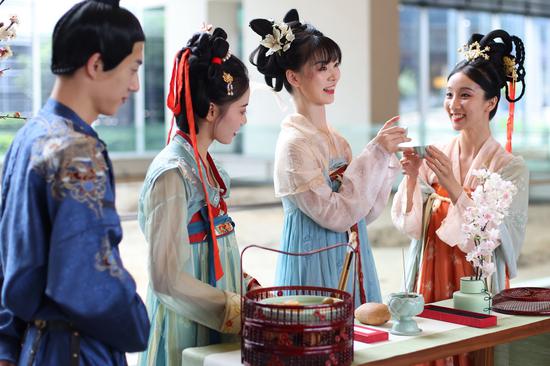
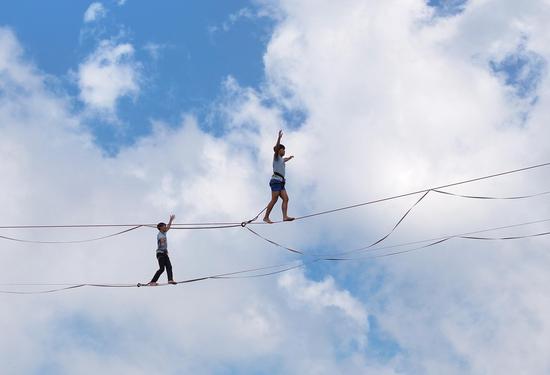
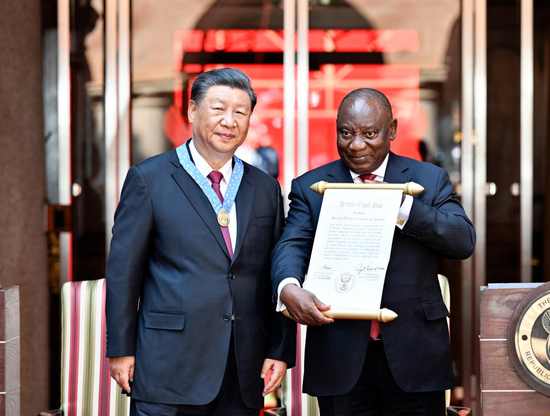


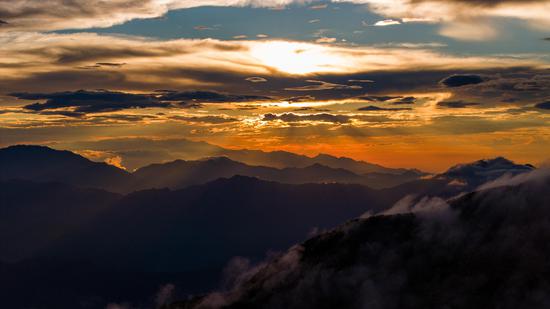
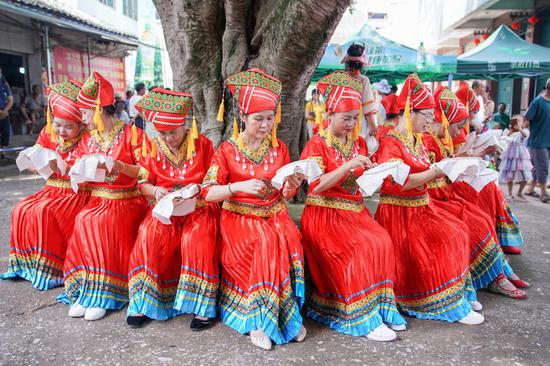

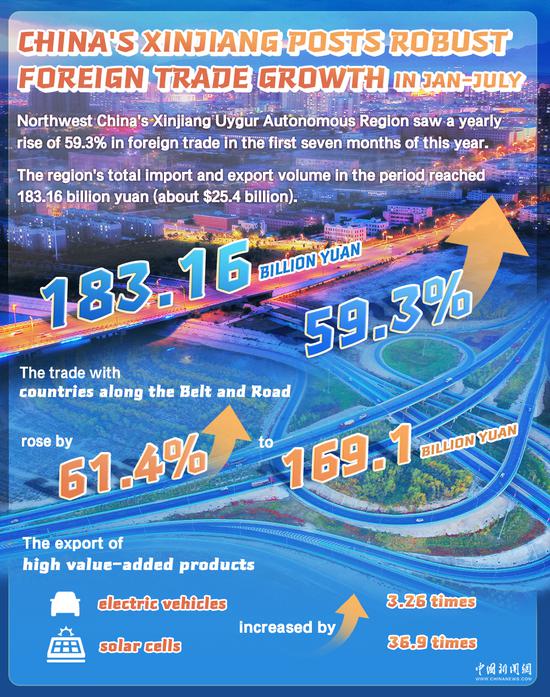
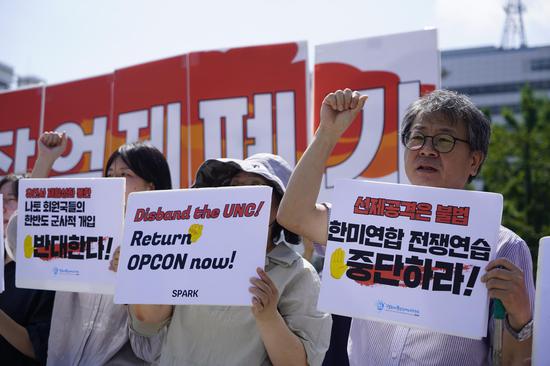
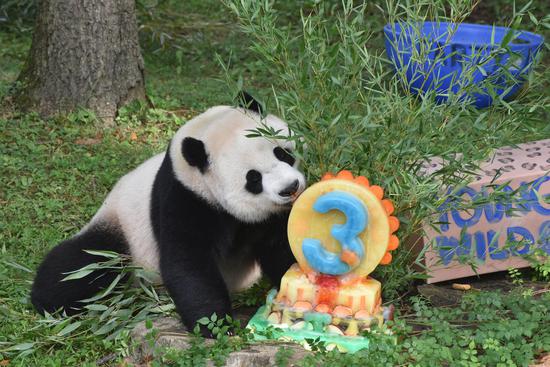
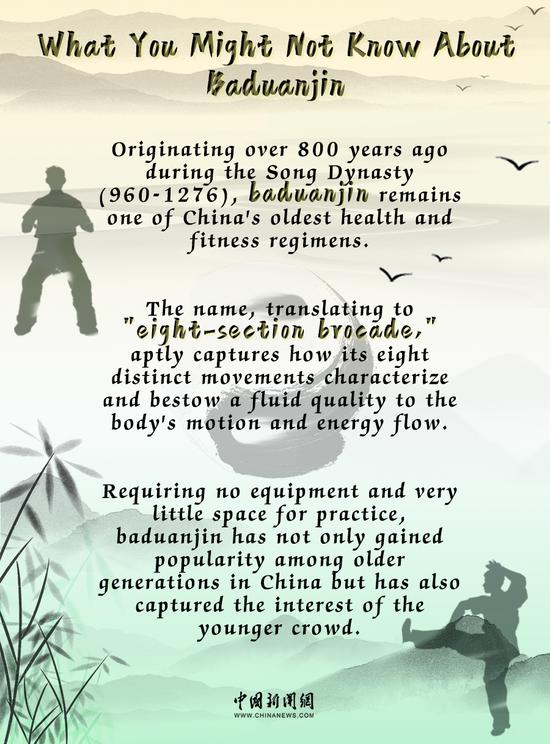
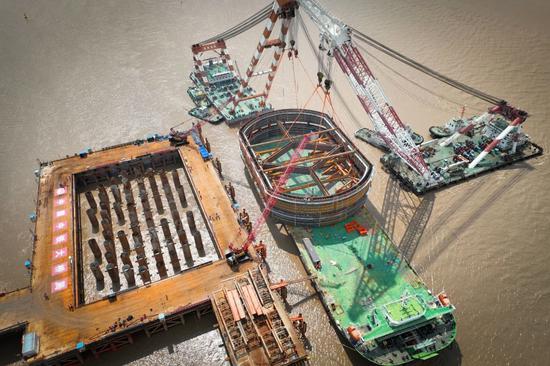
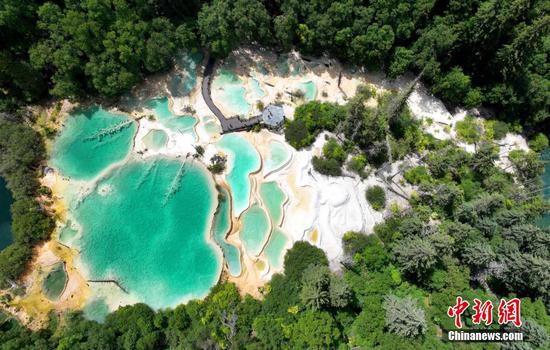
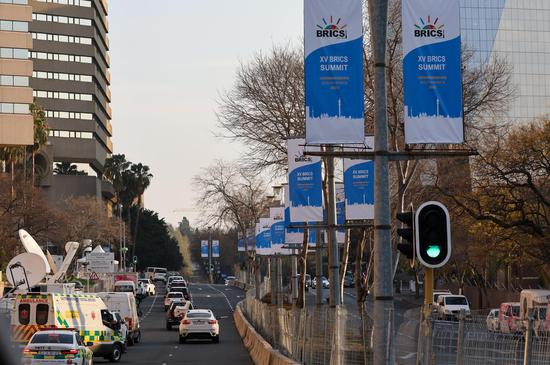
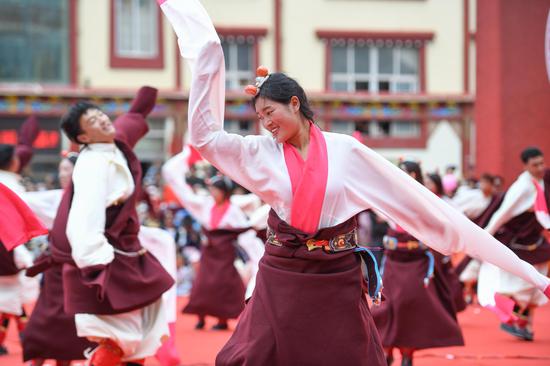
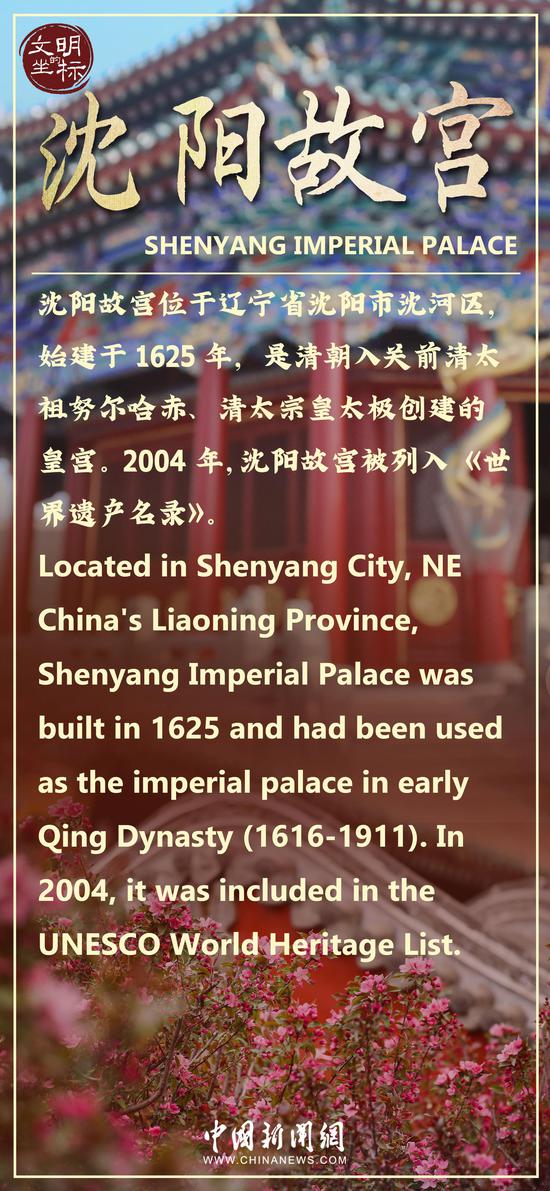
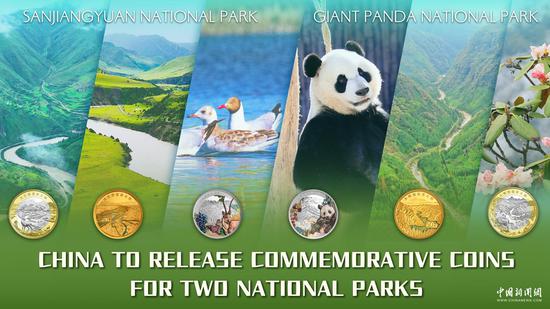





 京公网安备 11010202009201号
京公网安备 11010202009201号